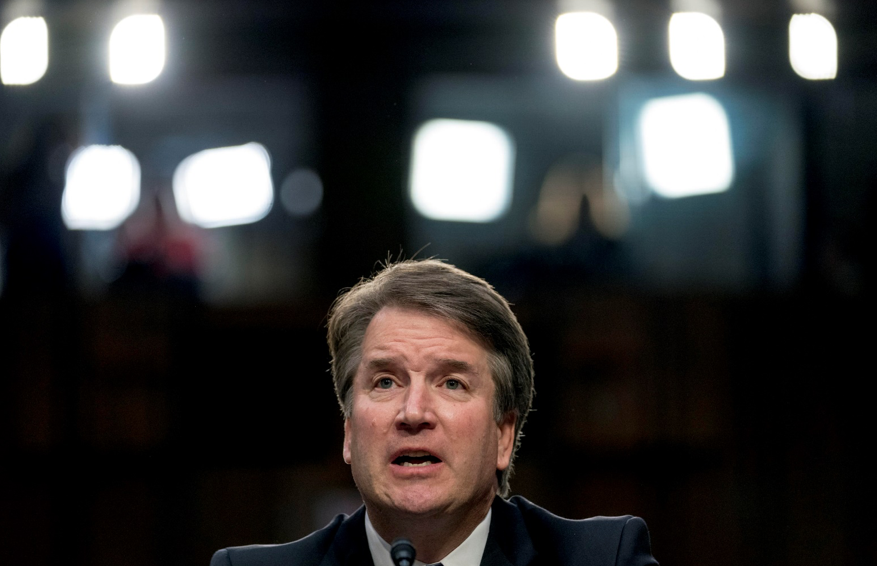CommentsBELL VIEW--Just before retiring from the Supreme Court in 2010, Justice Stevens took one last crack at Justice Scalia’s judicial philosophy.
Scalia’s approach, known as “originalism”, held that, when determining whether the Constitution protects a particular right, the Court should look to whether that right is deeply rooted in the country’s history and tradition. At first blush, that sounds like a perfectly reasonable basis upon which to interpret the Constitution. And that’s part of the problem we have in this country: most people don’t get much past the first blush when thinking about the awesome power wielded by the Supreme Court in this country.
Justice Anthony Kennedy just retired as the most powerful person in America. Justice Kennedy, who bequeathed us the Citizens Unitedcase, lived in a world where bribes of public officials only took place via canvas bags with dollar signs on them and the insidious influence of corporate money on the government only happens in novels. But Justice Kennedy also believed that gay people were actual human beings. So now gay people can get married.
Look, I know a lot of people put a lot of time and effort into that cause – but without Kennedy’s belief in the humanity of gay people, the cause of gay marriage would still be a cause. And it might just become one again if Brett Kavanaugh takes Anthony Kennedy’s place.
Justice Stevens believed that constitutional rights should be determined according to an analysis of what we mean when we talk about “liberty.” According to Stevens, the historical method advocated by Scalia and the conservative bloc on the Court misinterpreted the broad command of the 14th Amendment by seeking to determine a particular interest’s historical pedigree before it would merit constitutional protection. According to Stevens, “the judge who would outsource the interpretation of `liberty’ to historical sentiment has turned his back on a task the Constitution assigned to him and drained the document of its intended vitality.”
Contrary to popular belief, the Constitution does not create our rights. The Constitution limits whichof our rights the government may interfere with. Where the Constitution is not explicit, the Supreme Court steps in to fill in the blanks. So, for example, Scalia had no problem interpreting the arcane language of “the right to keep and bear arms” to guarantee a right to keep a working handgun in your home for self-defense. This despite ample historical evidence that a primary concern of the drafters of the Second Amendment was to quell Southern States’ concerns over federal control of the “well-regulated militia.”
Other less macho rights – the right to decide whether to have an abortion or to marry your same-sex partner – find little mention in the historical record. Scalia’s contempt for such modern notions as bodily integrity, self-determination, freedom of conscience, dignity, respect, or intimacy is echoed in the historical record against which he and his ilk would frame the Constitution. Why? Because all that mamby-pamby, touchy-feely nonsense just doesn’t fit into his John Wayne version of history. It shouldn’t be surprising that the right to, say, abortion, or same-sex marriage, or “homosexual sodomy,” as Scalia liked to refer to gay sex, has no place in the history and tradition of our country when you stop to think that women and gay people have been virtually invisible in the recorded history of America. At least in the books that line the shelves of guys like Brett Kavanaugh.
So, the question I would like to see Judge Kavanaugh answer is: If the Constitution protects only those interests explicitly stated in the text or otherwise observable through an examination of the history and traditions of the country, how do you propose to account for the interests of those groups traditionally excluded from the narrative of American political power? What’s your algorithm, Judge Kavanaugh, for taking into account the absence of America’s marginalized voices? I suspect Judge Kavanaugh will not have an adequate answer to that question because, in the final analysis, originalism is simply a way to entrench the interests of the powerful.
(David Bell is a writer, attorney, former president of the East Hollywood Neighborhood Council and writes for CityWatch.)
-cw
















